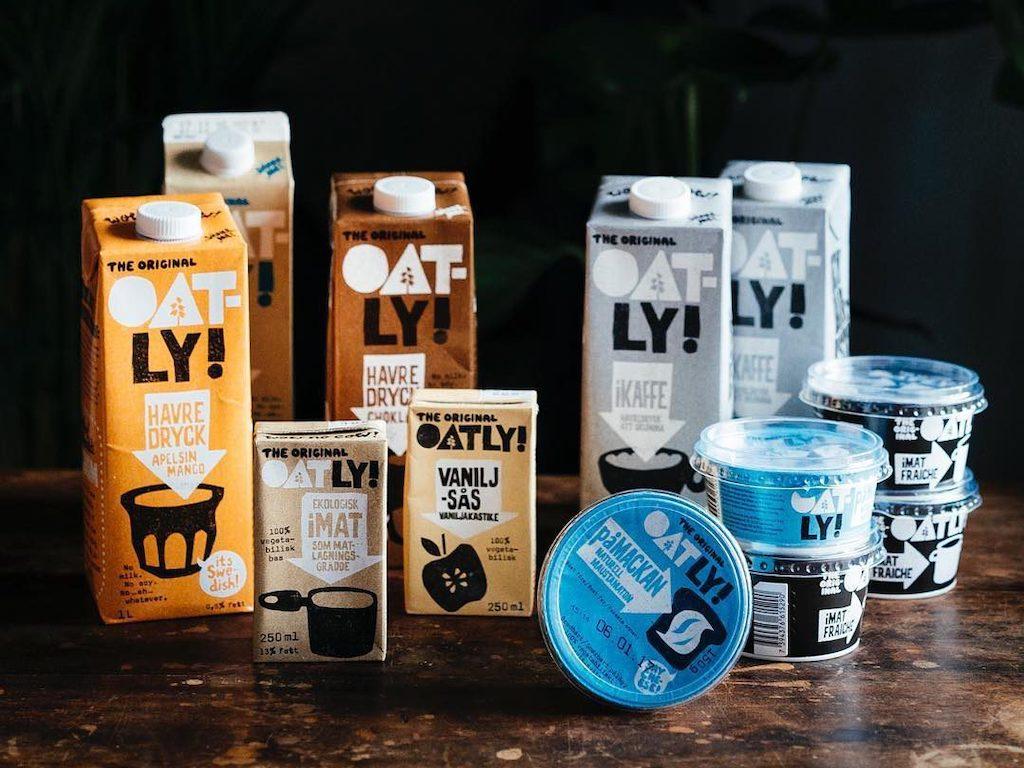In the vast, undulating landscape of global energy exploration, British Petroleum has struck liquid gold off the coast of Brazil, unearthing a revelation that promises to redefine the company’s strategic footprint. This monumental find—the largest in BP’s quarter-century geological quest—emerges from the depths of the Atlantic, holding the potential to reshape the petroleum industry’s complex geopolitical chessboard and inject renewed vitality into the company’s long-term growth narrative. British Petroleum (BP) is celebrating a monumental discovery that could redefine its global energy strategy. The offshore exploration in Brazil’s Santos Basin has unearthed a massive oil and gas reservoir, marking the company’s most significant find in a quarter-century.Located in the pre-salt region, this remarkable block represents a potential game-changer for BP’s portfolio. The discovery promises considerable reserves that could substantially boost the company’s production capabilities and strategic positioning in the South American energy market.
Preliminary geological assessments indicate an remarkable scale of hydrocarbons, with estimates suggesting multiple billions of barrels of recoverable resources. This breakthrough could possibly transform BP’s investment landscape and provide a critical momentum in an increasingly competitive global energy habitat.
The Santos Basin has long been recognized for its geological potential, but this specific block represents an unprecedented chance. Advanced seismic technologies and complex exploration techniques have enabled BP to pinpoint and evaluate this remarkable reservoir with unprecedented precision.
Economic implications are substantial. The discovery could generate billions in future revenue, creating significant value for BP’s shareholders while simultaneously contributing to Brazil’s energy infrastructure. The find also aligns with the country’s ambitions to enhance its global energy market presence.
Environmental considerations remain crucial. BP has emphasized its commitment to responsible extraction methods, pledging to implement cutting-edge technologies that minimize ecological disruption and support sustainable development practices.
Strategic implications extend beyond immediate financial gains.This discovery reinforces BP’s global exploration capabilities and demonstrates the company’s continued investment in traditional hydrocarbon resources, even as the energy transition toward renewable sources gains momentum.
The timing of this discovery is particularly noteworthy. With global energy markets experiencing unprecedented volatility, such a significant find provides BP with a potential competitive advantage and strategic flexibility.
Local Brazilian authorities have expressed enthusiasm, recognizing the potential economic benefits and job creation opportunities associated with this massive project.Collaborative frameworks between BP and Brazilian governmental entities are expected to facilitate smooth project development.
Technological innovation played a pivotal role in identifying and assessing this promising block.Advanced geological modeling,sophisticated underwater imaging,and data analytics were instrumental in transforming initial exploration hypotheses into a confirmed,high-potential discovery.
As BP moves forward with detailed evaluation and development plans,the industry watches closely. This landmark find could potentially reshape the company’s strategic trajectory and reinforce its position as a leading global energy corporation.









